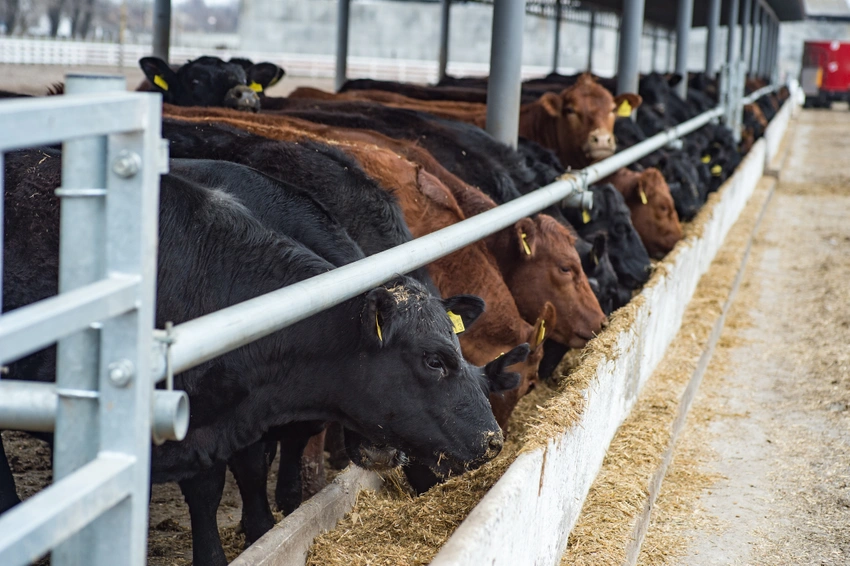EMIT LESS Act garners bi-partisan applause
Legislation will help support agriculture’s efforts to reduce enteric methane emissions.
The agricultural sector has been under scrutiny for several years for its contribution to greenhouse gas emissions, especially the livestock sector. Enteric methane, which is naturally emitted during the digestive process of most livestock species, has been deemed the single largest source of agricultural methane emissions. Garnering support from a diverse coalition, including agricultural and environmental groups alike, the Enteric Methane Innovation Tools for Lower Emissions and Sustainable Stock (EMIT LESS) Act, newly introduced by U.S. Senators Michael Bennet, D-Colo., Mike Crapo, R-Idaho, Tammy Baldwin, D-Wis., and Jerry Moran, R-Kan., seeks to reduce enteric methane by integrating emissions-reduction practices into U.S. Department of Agriculture conservation programs and providing financial incentives to farmers that voluntarily adopt them.
“We thank Senators Bennet and Crapo for introducing a bill that strengthens our country’s research and conservation programs while recognizing the unique role that animal nutrition and feed ingredients play in reducing on-farm enteric methane emissions. The EMIT LESS Act shows that right alongside animal food innovators, our country is willing to invest in a more sustainable future,” said Constance Cullman, president and chief executive officer of American Feed Industry Association.
Gregg Doud, president and CEO of National Milk Producers Federation, commended the bipartisan legislation he said will provide dairy producers the resources and support needed to implement practices and tools, such as innovative feed additives, to reduce enteric methane.
Chris Adamo, vice president of public affairs and regenerative agriculture at Danone North America, also thanked the Senators for the bill, as it will help the company better achieve a commitment to reduce methane emissions in its fresh milk supply by 30% by 2030.
“We are investing in farming partners to support and increase implementation of regenerative agriculture practices and innovative technologies that address methane from enteric fermentation. Reducing livestock methane emissions is vital for mitigating climate change, alongside efforts in decreasing carbon dioxide emissions. We thank Senator Bennet and the co-sponsors of this important bi-partisan legislation for prioritizing funding and training necessary to help U.S. agricultural producers accelerate the deployment of new tools necessary to mitigating methane,” Adamo said.
This bill is supported by the American Feed Industry Association (AFIA), Bipartisan Policy Center (BPC) Action, Breakthrough Institute, Clean Air Task Force (CATF), Colorado Farm Bureau, Colorado State University and Colorado State University’s AgNext Program, Dairy Farmers of America (DFA), Danone North America, Environmental Defense Fund (EDF), Environmental Working Group (EWG), Food and Agriculture Climate Alliance (FACA), Idaho Dairymen’s Association, International Dairy Foods Association (IDFA), McDonald’s, National Cattlemen’s Beef Association (NCBA), National Council of Farmer Cooperatives (NCFC), National Milk Producers Federation (NMPF), and Rocky Mountain Farmers Union (RMFU).


